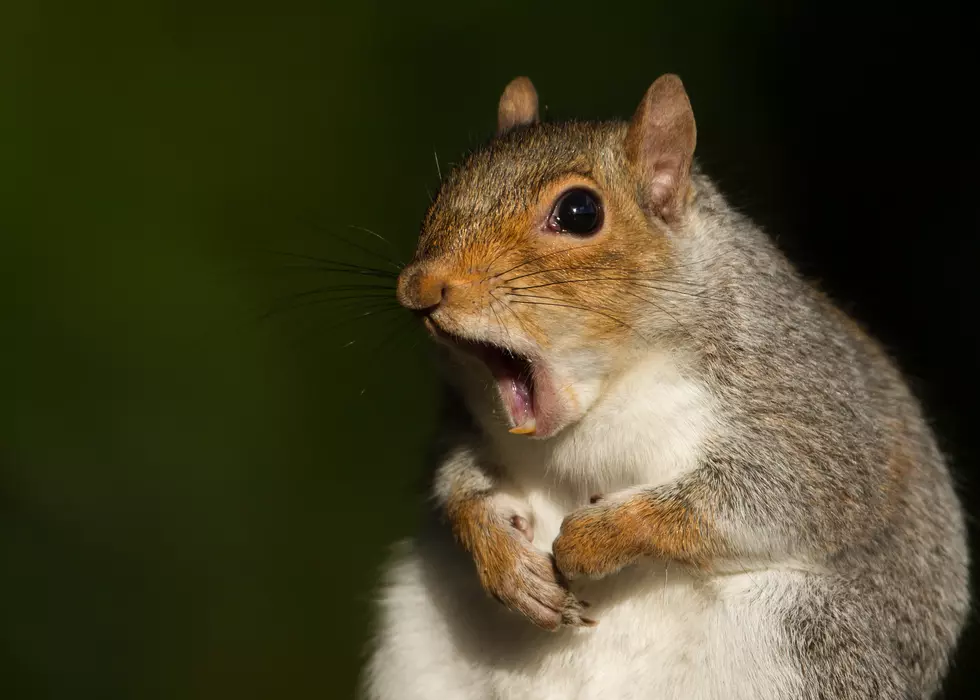
Squirrel in Morrison, Colorado Tests Positive for Bubonic Plague
Yet another reason to social distance from wildlife.
I know, squirrels are adorable, but they come with a lot of yuck. And by yuck, I mean disease. Recently KDVR reported that a squirrel in Morrison, Colorado had tested positive for the bubonic plague.
It sounds to medieval times, doesn't it?
The news was confirmed on Saturday, July 11 after test results came in. The plague is caused by a bacteria called Yersinia pestis. Jefferson County health officials say this is the first positive case in the county this year. They have issued a warning for residents to keep themselves and pets away from wildlife and to be on the lookout for plague symptoms.
Plague spreads through direct contact, bites or bites from infected fleas.
Plague symptoms usually come on quickly and include high fever, chills, headache, nausea, and pain swelling of the lymph nodes. Symptoms can show up within two to seven days after being exposed. If diagnosed early, plague can be treated with antibiotics.
Dogs and cats are at risk with cats being especially susceptible.
Jefferson County suggests the following precautions be taken:
- Eliminate any and all sources of food, shelter, and access for wild animals around your home
- Do not feed wildlife
- Clean up any litter or trash from your yard
- Humans and pets should avoid contact with sick or dead wild animals or rodents
- Have sick pets examined by a vet and use caution when handling them
- Ask your vet about flea and tick prevention for your pets
- Don't allow your pets to roam freely outside of your home

